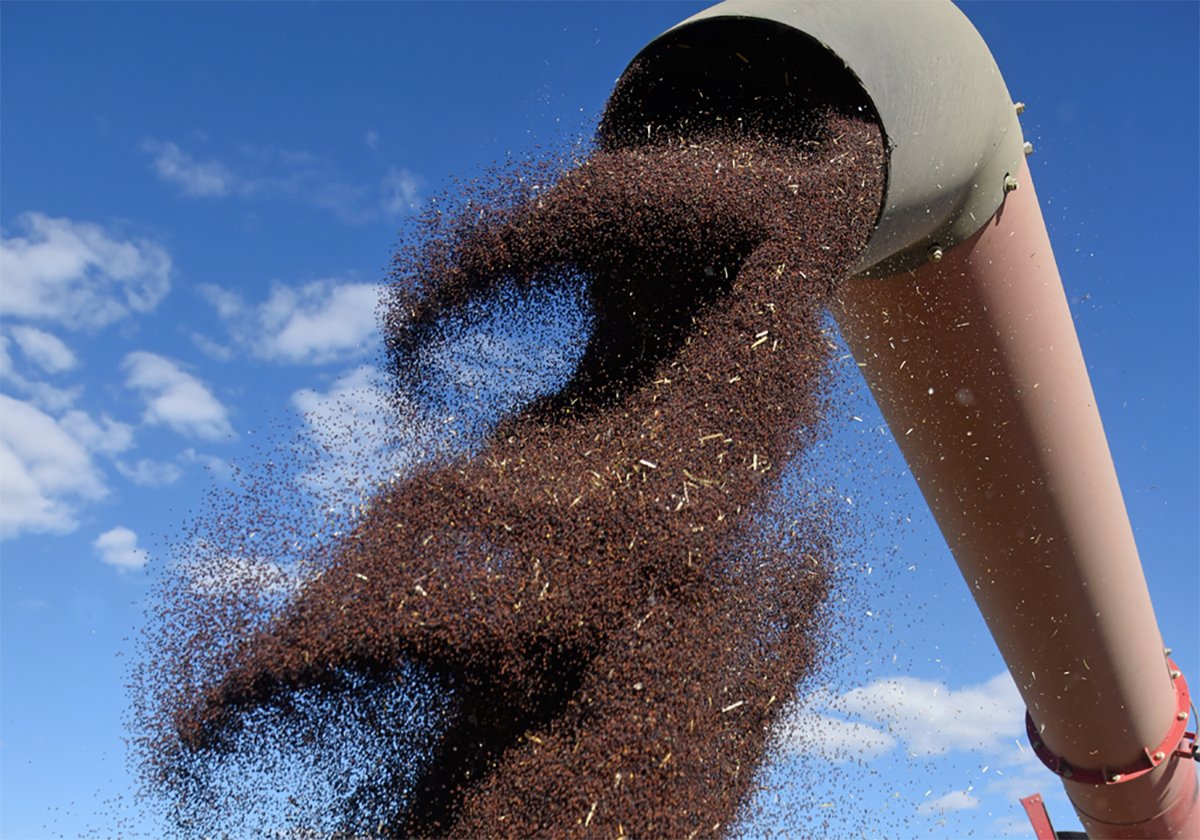Parliamentary hearings into food safety and last year’s fatal listeriosis outbreak got off to a partisan and dysfunctional start last week as MPs bickered over a proposed schedule of meetings.
It led to a flood of Canadian messages to MPs over the weekend calling on them to set politics aside.
At the centre of the dispute, which tied up the committee for two hours at its inaugural meeting March 25, was a question of how long hearings would last.
It ended with MPs standing in the committee room exchanging insults and accusations in front of reporters, alleging political skullduggery and broken promises.
Read Also

Ag minister says tariff situation with China is fragile, volatile
Agriculture ministers from across Canada said they heard canola producers’ concerns about tariffs but it seems unlikely they can do much about them.
Before the week was over, Liberal Wayne Easter was accusing agriculture committee chair Larry Miller of showing his political bias.
A red-faced Miller, who also chairs the food safety subcommittee, said he would ignore the comment.
The stalemate means agriculture minister Gerry Ritz’s scheduled appearance this week to kick off the highly anticipated hearings will not happen because the arguments about the process are not over.
The Conservatives thought they had an agreement to finish the hearings and the report by June.
Opposition MPs, who hold the majority on the committee, proposed to extend hearings until December. Under that plan, the listeriosis issue would dominate hearings until June, when an interim report would be tabled in Parliament, and then a broader study of food safety issues would follow from October until December.
But at the core of the dispute are the politics of the listeriosis issue.
Opposition MPs want to concentrate on the listeria outbreak in an attempt to show that Conservative-imposed changes to Canadian Food Inspection Agency rules were in part responsible for the food contamination at a Maple Leaf Foods plant that killed at least 20 Canadians.
Conservatives want to broaden the focus to discuss listeria as part of a broader food safety issue to emphasize how the system works and the steps the government has taken to improve it.
The subcommittee’s first meeting accomplished nothing and quickly degenerated into a political blood feud.
Conservative David Anderson proposed to wrap up hearings and submit a report by June. New Democrat Malcolm Allen proposed a two-phase set of hearings lasting until December.
Anderson complained that the opposition had not consulted the government and was violating the mandate of food safety hearings by proposing listeriosis be the focus of the first three months.
He filibustered until the end of the meeting to avoid a vote.
After the meeting, both sides accused the other of duplicity.
“Twenty people died and yet the Conservatives are playing politics with this,” Ontario MP Allen said.
“This (listeriosis) is a big piece of the picture and we have to look at it.”
Anderson said the opposition sandbagged the government with an unexpected plan to extend the hearings.
“This is a serious issue and Canadians expect us to deal with it and not drag it out.”
Toronto Liberal Carolyn Bennett responded: “We will finish our work when the work is done.”
Miller told reporters he thought there had been an informal agreement with NDP and Bloc Québécois MPs to set a schedule that concluded hearings in June.
“I’m very disappointed,” he said after the meeting.
“We wasted two hours tonight.”
Anderson said he was disgusted that the hearings had started on such a partisan note.
And rural Ontario Conservative Bev Shipley lamented the impression the political bickering would create.
“We’re going to have the press saying, ‘what are these guys doing?'” he said.
“I thought this was an issue that required some immediate action. That to me, folks, is not immediate action. This is about an opportunity to politicize something that I don’t think the Canadian people want to see.”
On March 30, Ritz told the House of Commons that while the government is willing to see the number of subcommittee hearings increased and intensified, the June deadline for the end of hearings and a report should stand.














